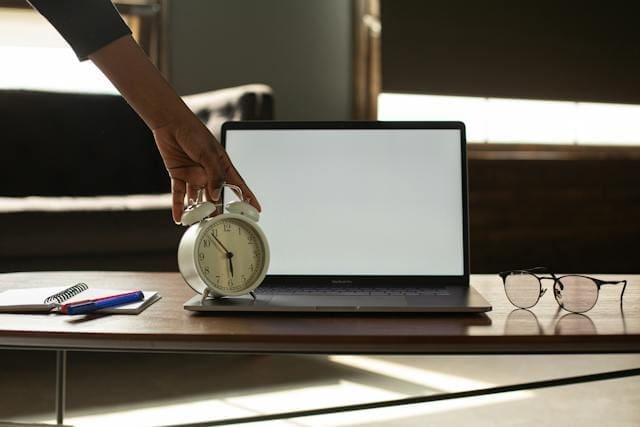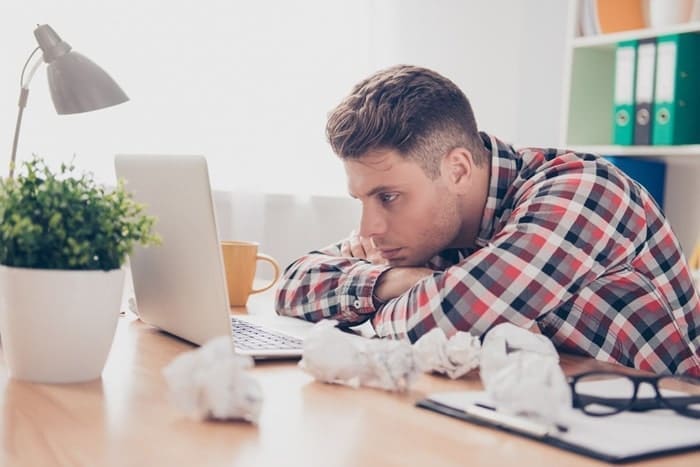Stress and anxiety have become increasingly common in our fast-paced modern lives. From work deadlines to family obligations, it can be easy to feel overwhelmed and constantly on edge. However, living with persistent stress and anxiety can take a toll on both our physical and mental health. That’s why it’s important to proactively find ways to reduce stress and anxiety in our daily lives.
In this practical guide, we’ll explore simple yet effective strategies that you can incorporate into your daily routine to help manage and minimize stress and anxiety. By making small changes in our daily habits, we can improve our overall well-being and feel more calm, focused, and productive. Let’s get started.
Use CBD Products
CBD (cannabidiol) products have gained popularity in recent years for their potential benefits in reducing stress and anxiety. CBD is a compound found in the cannabis plant, but unlike THC, it does not produce psychoactive effects. Instead, CBD interacts with receptors in our brain to promote relaxation and calmness.
There are various forms of CBD products available such as oils, tinctures, gummies, and topical creams. For instance, Natural Dos CBDA gummies provide a convenient and discreet way to incorporate CBD into your daily routine. Many users have reported feeling more relaxed and less anxious after using CBD products regularly. However, it’s important to consult with a doctor before incorporating any new supplements into your routine.
Practice Mindfulness and Meditation
Mindfulness and meditation are powerful tools for reducing stress and anxiety. These practices involve bringing your attention to the present moment, rather than dwelling on past or future worries. By focusing on our breath and bodily sensations, we can calm our mind and body, leading to a sense of peace and relaxation.
There are various mindfulness techniques and guided meditations available, making it accessible for beginners to start incorporating into their daily routines. Even just a few minutes of mindfulness or meditation each day can make a big difference in managing stress and anxiety. It’s also helpful to find a quiet and comfortable space to practice, away from any distractions.
Exercise Regularly
Regular exercise is not only beneficial for our physical health but also our mental well-being. When we exercise, our bodies release endorphins, which are natural chemicals that help improve mood and reduce stress and anxiety. Exercise also helps us to release tension and pent-up energy, leaving us feeling more relaxed and calmer.
Incorporating physical activity into your daily routine can be as simple as taking a walk, dancing to your favorite music, or following an online workout video. It’s important to find activities that you enjoy and make them part of your daily schedule. Not only will regular exercise help reduce stress and anxiety, but it can also improve overall physical health.
Get Quality Sleep
Getting enough high-quality sleep is essential for our mental and physical well-being. When we are sleep-deprived, our bodies produce more stress hormones, making us feel more anxious throughout the day. Establishing a consistent bedtime routine can help improve the quality of our sleep.
Some tips for better sleep include avoiding caffeine and electronics close to bedtime, creating a comfortable sleeping environment, and practicing relaxation techniques like deep breathing or aromatherapy. If you struggle with falling or staying asleep, it may be helpful to consult with a doctor for further guidance. Adequate sleep is crucial for managing stress and anxiety and promoting overall health.
Spend Time in Nature
Spending time in nature has been shown to have numerous mental health benefits, including reducing stress and anxiety. Being surrounded by natural elements can help us to disconnect from our busy lives and find a sense of peace and calm.
If possible, try to incorporate some time in nature into your daily routine. This could be as simple as taking a walk in the park or sitting outside for a few minutes during your lunch break. Additionally, engaging in activities like gardening or hiking can also provide an opportunity for mindfulness and relaxation. Nature has a way of calming our minds and bodies, making it an effective tool for reducing stress and anxiety.
Limit Screen Time
In today’s digital age, we are constantly bombarded with information and notifications, leading to increased stress and anxiety. Setting boundaries around screen time can help reduce these feelings by giving us a break from the constant stimulation.
Consider implementing a no-screen time before bed or during meals to give yourself a break and focus on relaxation techniques instead. It’s also important to be mindful of how much time we spend scrolling through social media, as it can often contribute to feelings of comparison and inadequacy. By limiting screen time and disconnecting from technology, we can reduce stress and anxiety and improve our overall well-being.

Overall, incorporating these practical steps into your daily routine can lead to a significant reduction in stress and anxiety levels. By taking care of our mental health, we can become more resilient and better equipped to handle the challenges that come our way. Remember to be patient with yourself as you navigate these strategies, as managing stress and anxiety takes time and effort. Here’s to a healthier, happier, and more peaceful you. Keep practicing these techniques, and don’t be afraid to seek help if needed.





























